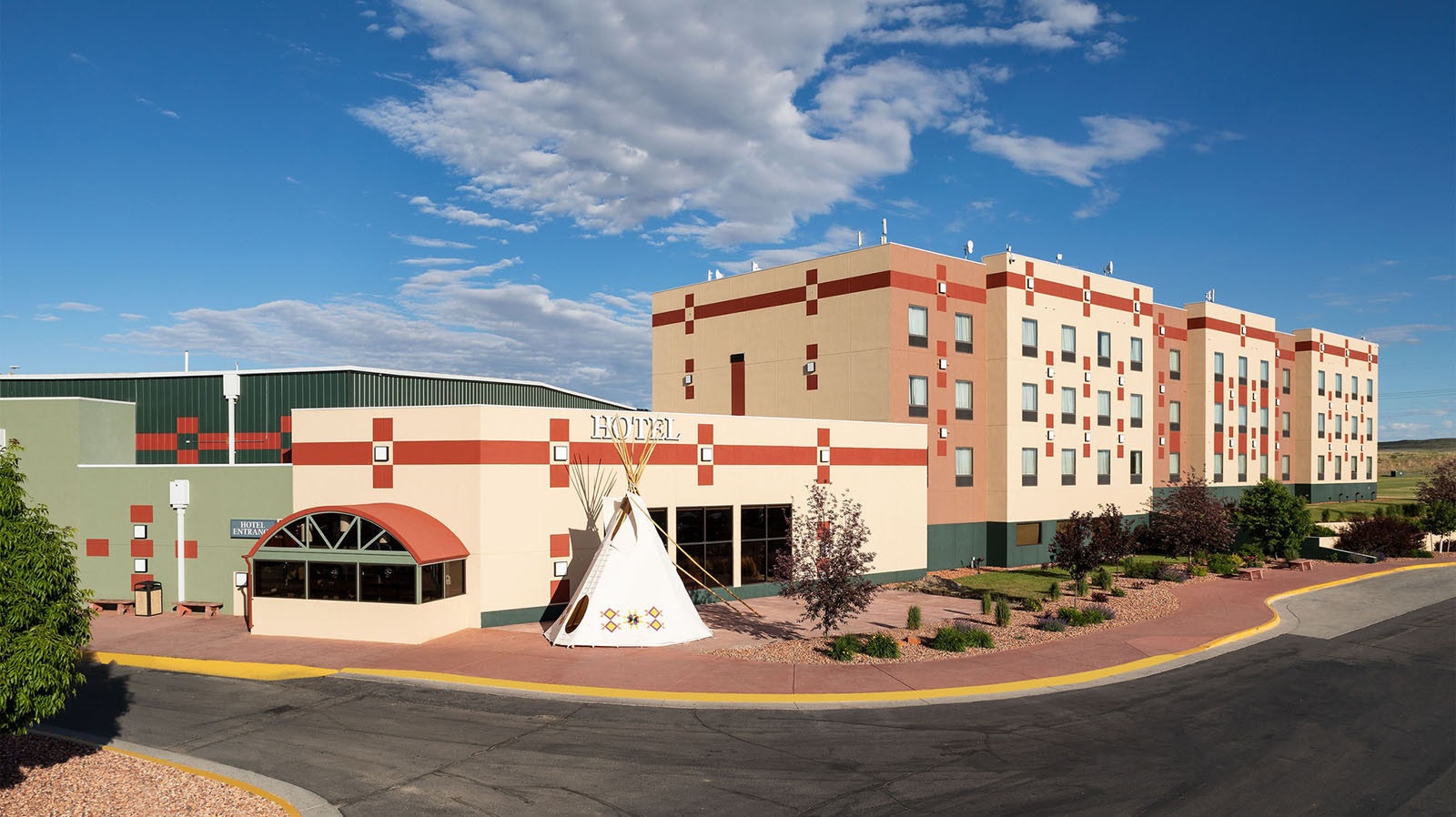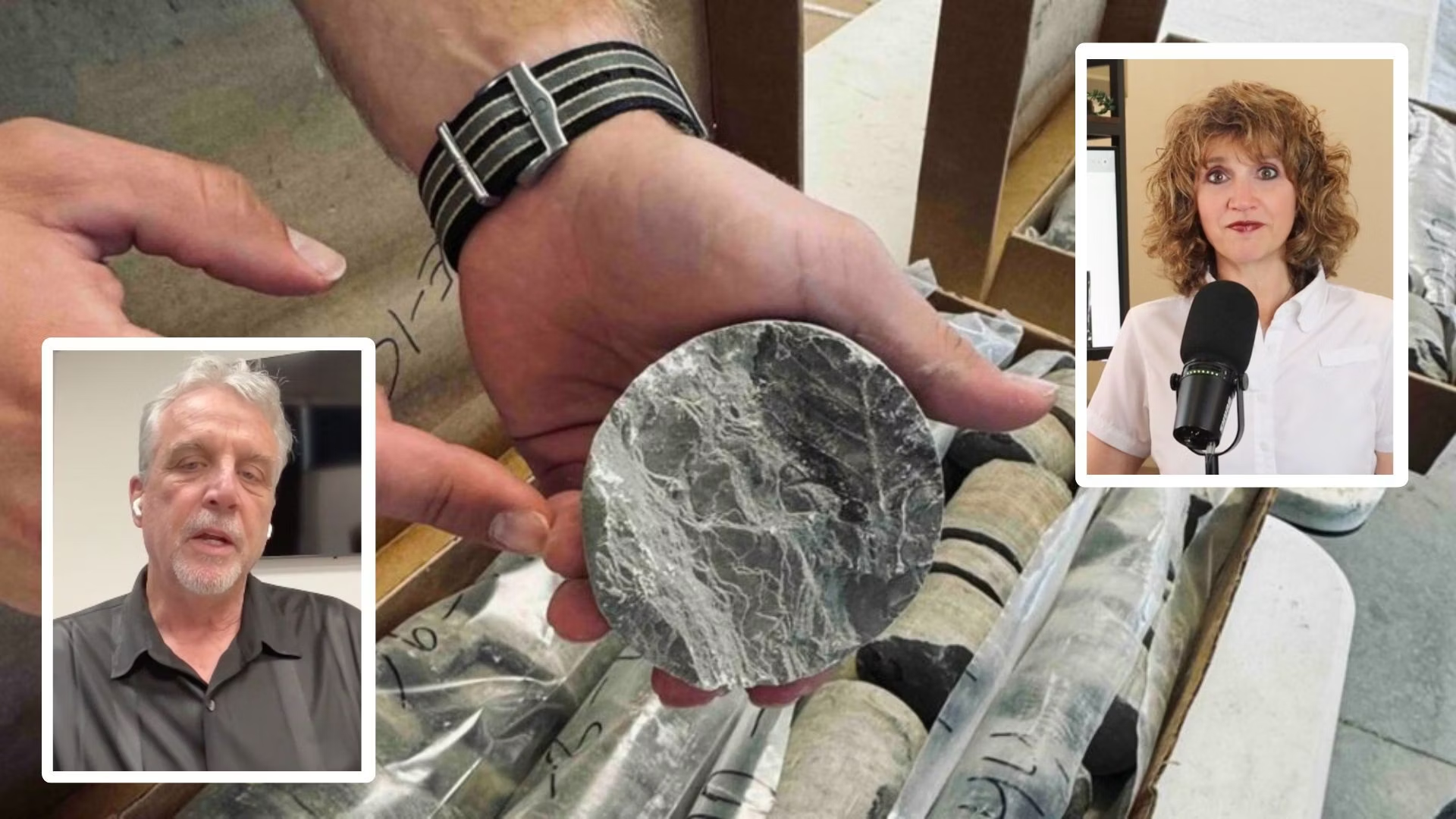Fremont County’s government granted a liquor license Tuesday to a business on the Wind River Indian Reservation — a rare concession in a region where alcohol sales have been disallowed historically and no liquor licenses have been issued for at least three decades.
The Wind River Hotel and Casino, on the edge of the Wind River Indian Reservation abutting the town of Riverton, now can sell tap or packaged liquor.
But leaders of the Northern Arapaho Tribe, which owns the casino, promised at a Tuesday meeting of the Fremont County Commission that the casino would not sell packaged liquor, except to people staying in the hotel.
One of the tribe’s members pleaded with the commission not to approve the license, saying it would exacerbate the high crime rate already plaguing some of the nearby neighborhoods.
Elected officials of the tribe’s executive government branch the Northern Arapaho Business Council, conversely, said alcohol sales are important to helping the casino survive in an increasingly competitive gambling market.
Wyoming in recent years has legalized multiple types of gaming. The move stripped the state’s Indian tribes of their decade-long monopoly over the industry.
Now There’s Shouting
Only one commissioner, Ron Fabrizius, voted against the license approval. Fabrizius represents Riverton’s urban district.
Commission Chairman Larry Allen and commissioners Jennifer McCarthy, Mike Jones and Clarence Thomas voted in favor of the license.
Thomas, who represents the reservation region and is a member of a non-Wyoming tribe, raised his voice at Fabrizius during the discussion.
“When we talk about tribal people it’s always like, ‘I don’t know if I want them to do that. I don’t know if they’re going to be able to handle that.’ Why is that?” asked Thomas. “I don’t see this with the other entities (applying for licenses). We say yes right off the bat! ‘Yeah let’s go for it’ … ‘Oh, yes, go ahead.’”
Thomas argued that the commission shouldn’t hesitate to grant an economic boon to the tribe’s business as it does for other businesses, especially in light of its frequent focus on economic development.
Fabrizius, however, said he surveyed numerous residents of the reservation, and they all begged him not to approve the license.
‘The Human Cost’
Northern Arapaho Tribal member and educator Mary Brown urged the commission not to approve the license. She said the people living around the casino will suffer, and those who struggle with alcoholism and homelessness will only get worse.
Brown’s family home is in the Gas Hills neighborhood across the road from the casino, she said. It’s a crime-riddled area and within sight of where one of Fremont County’s 2023 homicides happened.
Two of Brown’s brothers live in the neighborhood, and they’re both alcoholics, she said. But transients come into the neighborhood and make things worse.
Transients for years have traveled from the reservation to Riverton to buy alcohol, a tendency that has contributed to the town’s high crime rates, increased frustration among business owners in recent months and prompted at least one public meeting in June.
Many of the transients in town are Native, said Brown, but some of the vagrants causing problems in her home neighborhood are non-native. They bring with them drugs and violence, she said, to the point that the family has moved its youngest children out of the neighborhood.
“This is just ongoing every day. And I have approached the courts. There’s no legal recourse,” said Brown.
She gave a glimpse of the crime landscape in the neighborhood that the public usually doesn’t get, since the local FBI and the Wind River Police Department rarely communicate with the public.
“It’s not just drugs, it’s homicides, it’s overdoses, it’s stabbings, it’s beatings, it’s people being life-flighted out to Denver, Casper, Billings, because they’ve been assaulted,” she said.
Brown said she hasn’t seen the tribe’s government address these things.
“The human cost to families, to children, to people, far outweighs the benefits of a little bit of revenue,” she said.
Another tribal member attending the meeting via Zoom complained in a public text message that the Northern Arapaho General Council — that is, a legislative assembly of voting-age tribal members — had not approved the application, though the tribe's executive branch has.
A Time For Advancement
But the tribe’s governmental leaders, council members Kim Harjo and Karen Returns To War, asked the commission to approve the license application, saying it’s time to let the Wind River Hotel and Casino compete on an even playing field with non-tribal gaming businesses.
Returns To War gave an impassioned speech about the unequal ground on which America’s indigenous tribes often find themselves.
“In America … everybody has a chance at the American dream. Everybody can start a business and go into business for themselves,” said Returns To War. “Except for the First Nation people. Every time we try to better ourselves or help ourselves … there’s always obstacles.”
Indeed, there are numerous examples of unequal governmental treatment of tribal people, including:
· The U.S. Supreme Court ruled just last month in Brackeen vs. Haaland that the U.S. Congress can manage Indian affairs even when those affairs have nothing to do with commerce.
· Indian people living on reservations are subject to federal criminal laws, rather than state laws, which often subjects them to harsher penalties and less law-enforcement transparency.
· Unlike Wyoming residents, Indians living on the Wind River Indian Reservation do not get to elect their felony criminal prosecutor: the president appoints him.
· The federal government holds much of the reservation’s land in trust, which makes it difficult in many cases for Native people to sell their own homes or even claim ownership of them. The land system was designed, however, to prevent non-Natives from swindling Indians out of their land.
The Tribe’s Promise
Casino leaders promised that they would set aside revenues for addiction treatment, would limit and confine alcohol sales, would charge full price and would limit package liquor sales to hotel room service.
Allen said the commission can review the license in one year and see how the casino has honored these promises and whether the parking lot, business and surrounding areas are getting safer or more dangerous.
Just Follow State Laws
Before 1953, federal law generally outlawed the introduction of alcohol into Indian Country. But in that year Congress passed an option letting Indian tribes regulate alcohol with the approval of the Secretary of the Interior.
The Wind River’s two tribes, the Northern Arapaho and Eastern Shoshone, responded to the law by allowing alcohol sales that complied with Wyoming law.
One such requirement is that businesses on the reservation would have to apply for and win liquor licenses to sell spirits lawfully.
Wyoming already has granted the tribe state approval and may now sell alcohol at its casino, Jones told Cowboy State Daily.
Clair McFarland can be reached at clair@cowboystatedaily.com.





